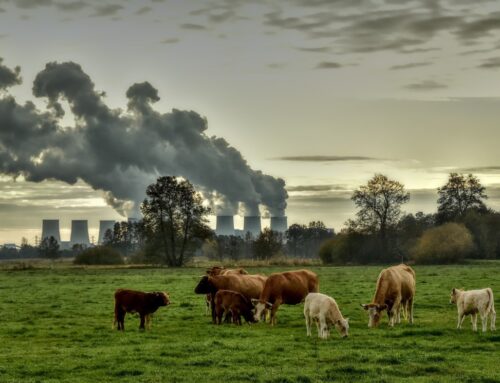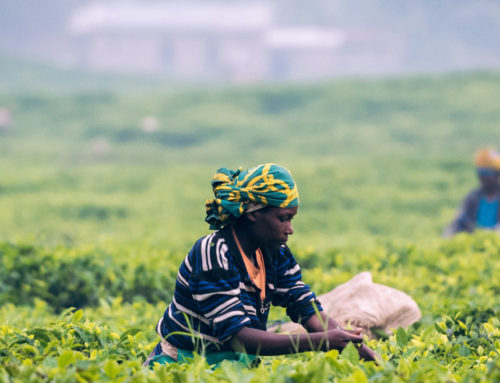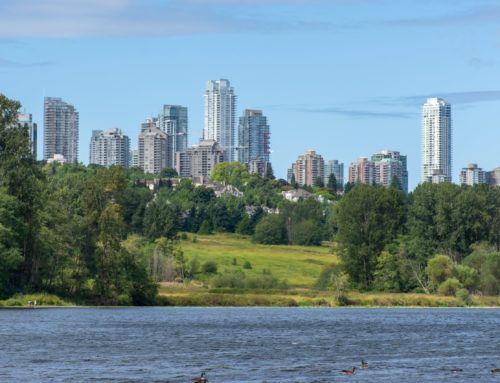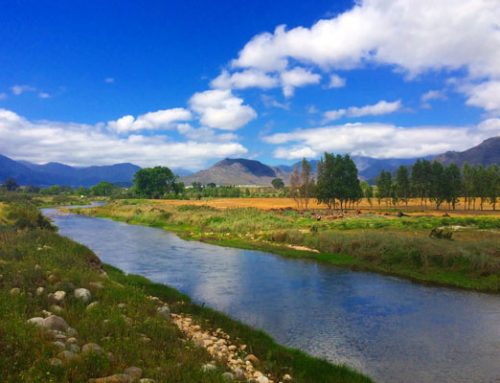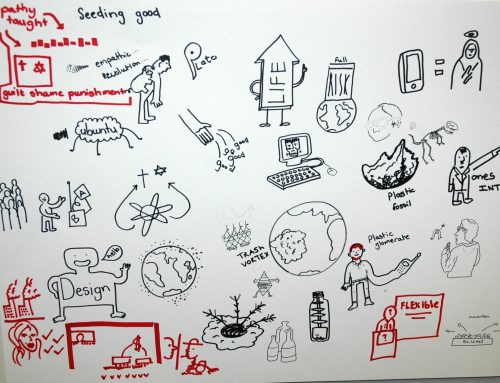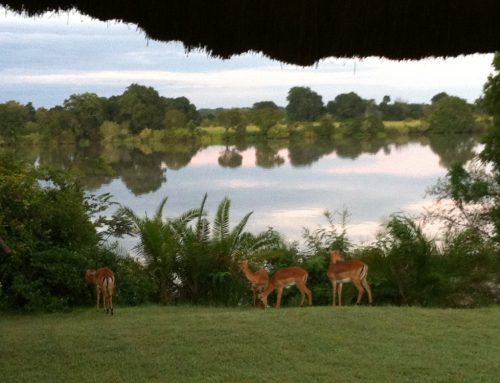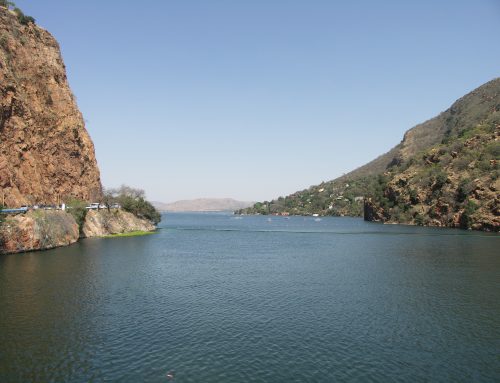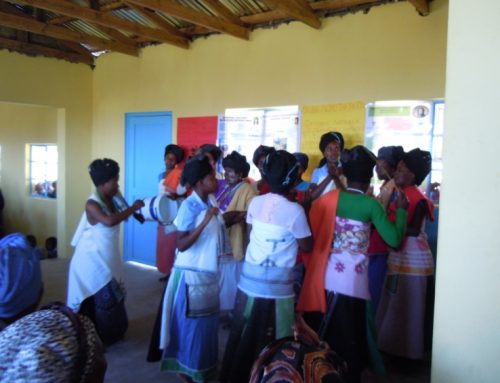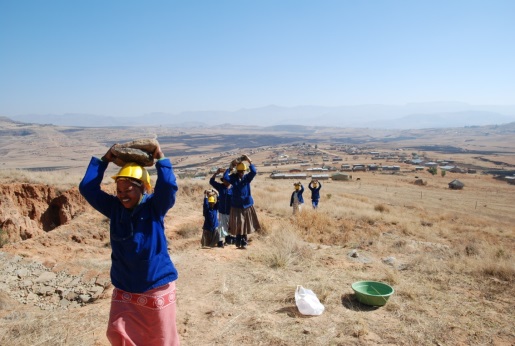
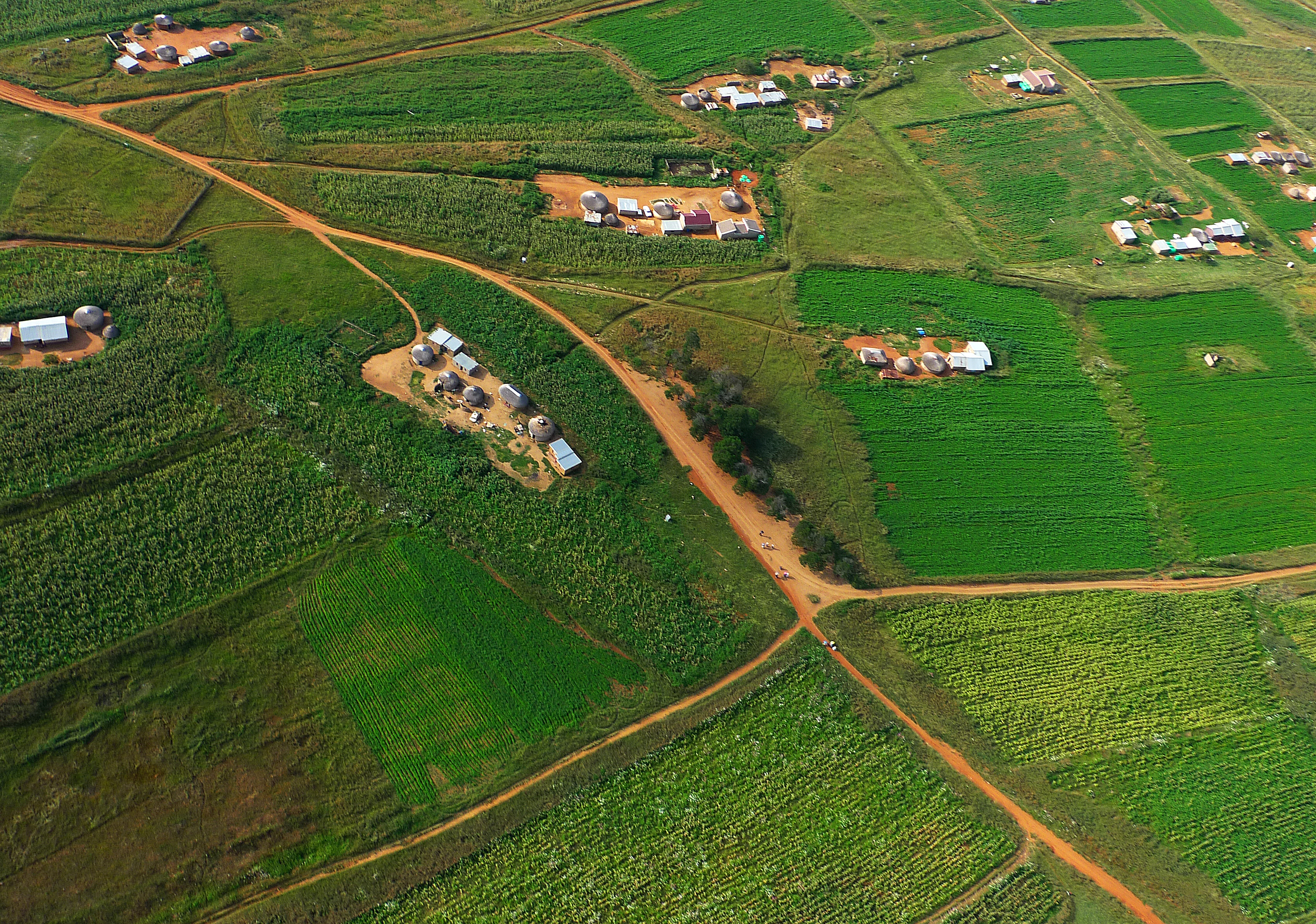
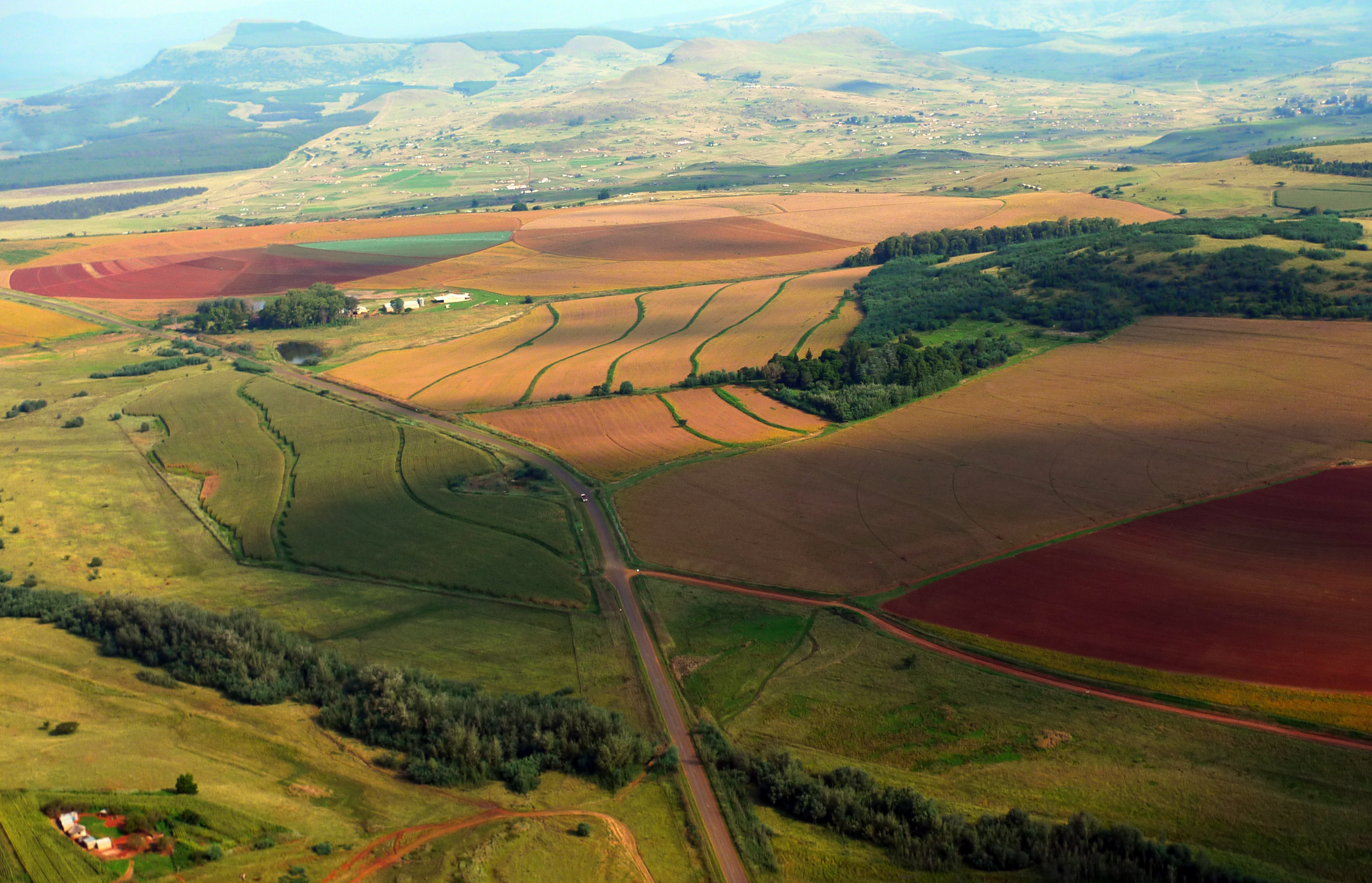
Project coordination: Graham Jewitt, Rebecka Malinga
Who’s involved?: Graham Jewitt, Terry Everson, Colin Everson, Vincent Chaplot, Lauren Bulcock, Line Gordon, Regina Lindborg, Rebecka Malinga, Michelle Warburton, Steve McKean, Sue van Rensburg, Chris Dickens, and more.
Project description: Several semi-interlinked projects are running in this region with ecosystem services as a common ground. Here are short descriptions about each project with links to the available project sites or contact persons.
1. Assessing the impacts of land degradation on soil functioning and associated ecosystem services and finding ways to rehabilitate the land (for crop and grazing), to foster carbon sequestration for mitigating effects of and adapting to climate change. Including organizations: UKZN, IRD, ACT, ARC (Coordinated by Vincent.Chaplot@ird.fr).
2. The PhD-project “Managing bundles of ecosystem services in agricultural landscapes” run by Rebecka Malinga (Rebecka.malinga@stockholmresilience.su.se, supervisors Regina Lindborg and Line Gordon) aims to map multiple ecosystem services in a diverse agricultural landscape comparing small-scale and large-scale agricultural areas as well as a nature reserve (Cathedral Peak). Spatial distribution and interconnectedness among multiple scales will be analyzed at various spatial scales.
3. Donga rehab and PES (co-ordinated by Terry Everson eversont@ukzn.ac.za; Colin Everson eversonc@ukzn.ac.za; Steve McKean steve@kznwildlife.com).
Implementation of a community monitoring programme to evaluate the success of rehabilitation of degraded catchments on restoration of water quality and quantity, basal cover and species richness – funded by DEA
4. Improving the livestock carrying capacity with rainwater harvesting and conservation on grasslands for livestock production and biogas generation from manure in rural areas of South Africa – funded by WRC. (Co-ordinated by Terry Everson eversont@ukzn.ac.za; Colin Everson eversonc@ukzn.ac.za)
5. Understanding the effects of global change on water resources through long-term catchment monitoring in the sensitive and critical water supply area of the Drakensberg – funded by DST through ACCESS and WRC. (Co-ordinated by Michele Warburton warburtonm@ukzn.ac.za; Graham Jewitt jewittg@ukzn.ac.za; Sue van Rensburg sue@saeon.ac.za)
6. Examining the potential upstream and downstream impacts and trade-offs of up-scaled water harvesting at a catchment level. This includes determining the potential for upscaling, the effects on runoff, streamflow, stormflow and total evaporation as well as potential water quality issues. (Co-ordinated by Lauren Bulcock bulcockl@ukzn.ac.za and Graham Jewitt jewittg@ukzn.ac.za). Funded by the European Union. Website: https://whater.eu
7. The Afromaison project is a European Union (EU) funded multidisciplinary project that aims to develop tools and strategies for integrated natural resources management at a meso-scale (landscape, ecosystem or river catchment), in South Africa, Ethiopia, Uganda, Mali and Tunisia. In South Africa, this project focusses on the Northern Drakensberg and foothills associated with the upper region of the Thukela Catchment, involving INR, UKZN, UNESCO-IHE, CIRAD G-EAU, SORESMA, PIK, IWMI (https://afromaison.net/).


